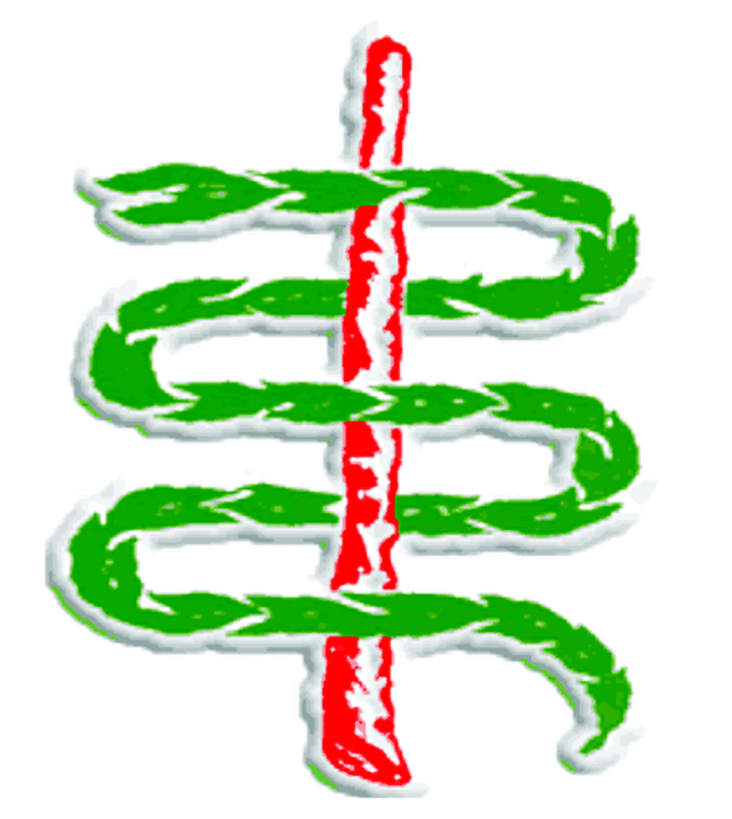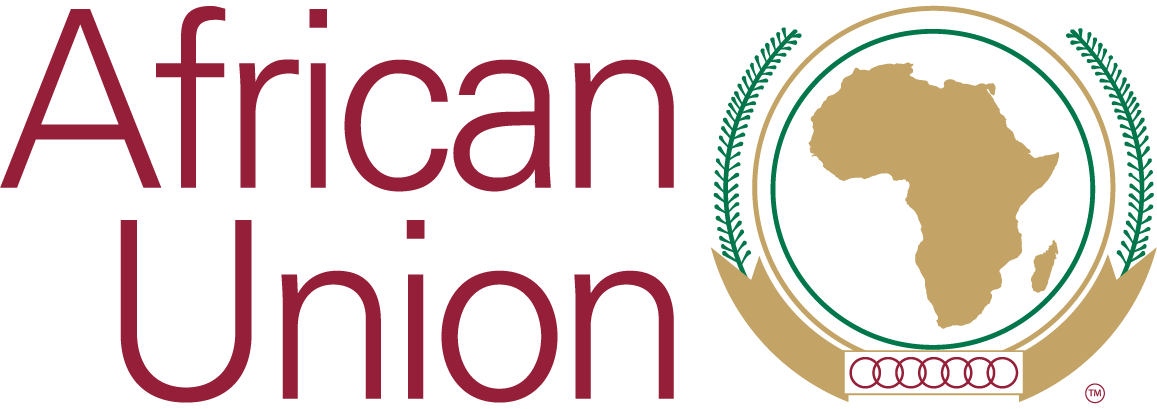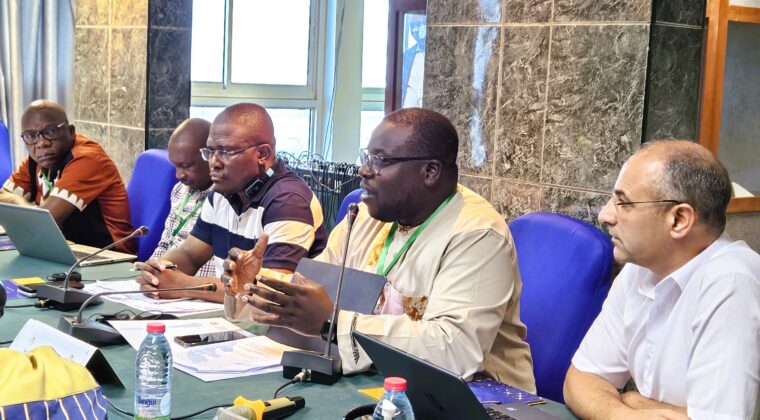Inter-African Phytosanitary Council of the African Union (AU-IAPSC), has reiterated its commitment to ensuring that African member states and regional economic communities (RECs) are thoroughly supported in their various efforts towards protection and promotion of plant health on the content.
The commitment was made by AU-IAPSC Coordinator Dr Saliou Niassy in Douala – Cameroon where the Specialized Technical Office is building the capacity of member states in Pest Surveillance, Inspection and Diagnostics.
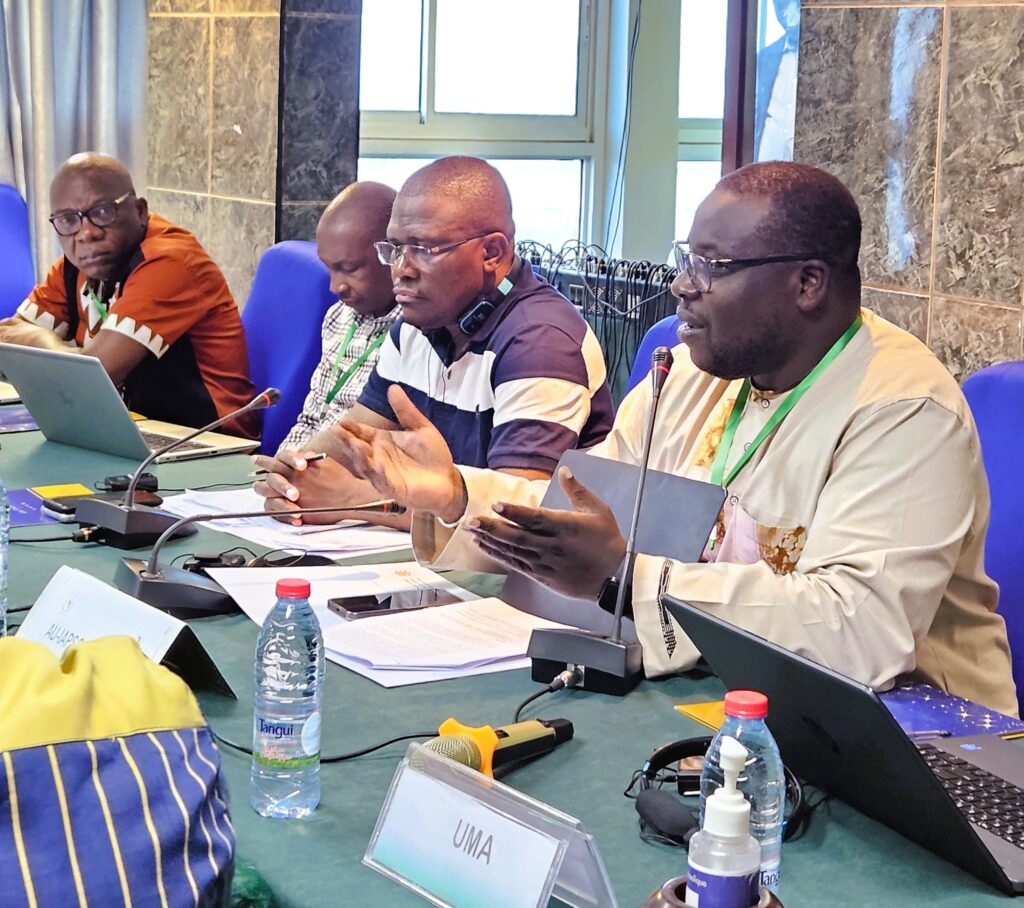
AU-IAPSC Coordinator Dr Saliou Niassy (right) addressing the gathering in Douala, Cameroon.
This follows two other trainings held in the past two weeks in Pest Risk Analysis (PRA), Establishment of Pest-Free Places of Production and Pest-Free Production Sites for Prioritized Quarantine Pests/Prioritized Commodities.
“You can appreciate that all these trainings are part of our desire to see a region that is strengthened not only in systems and processes but also in knowledge and skills that bring out solution-based approaches to counter all challenges in the plant health field,” he said.
He stressed that doubling as the Specialized Technical Office for the AU and also the Regional Plant Protection Organization (RPPO) for Africa for the International Plant Protection Convention (IPPC), AU-IAPSC takes its role seriously in its quest to champion the coordination of activities across the continent.
“Beyond the coordination mandate, AU-IAPSC is eager to see that our efforts go beyond these trainings and other forms of capacity building. We want to engage more, reach out further, reinforce partnerships and fortify what we have already built over the years with all of you as we also initiate fresh avenues beneficial to our common interests as a continent,” he said.
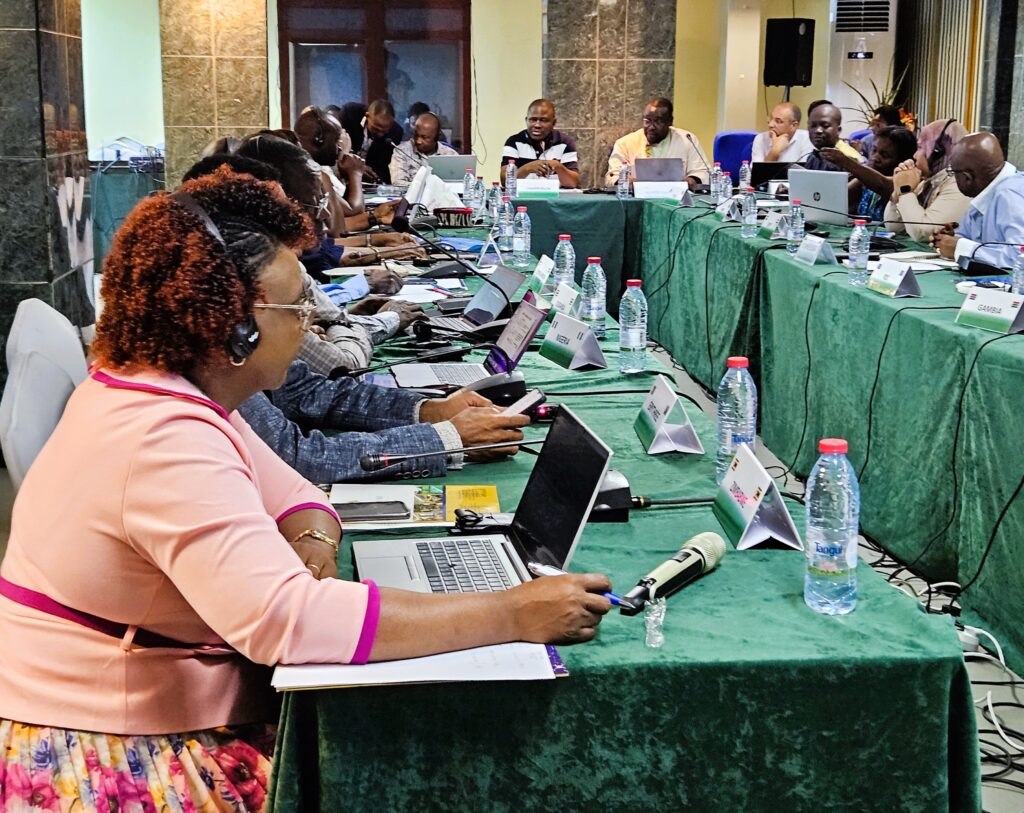
A cross section of the participants from member states and regional economic communities at the training.
At the height of consultations towards the implementation of the Plant Health Strategy for Africa (PHSA), AU-IAPSC also hopes that the member states and RECs will own the strategy and use it to the advantage of plant health affairs in all regions.
Through specialized coaching, presentations, group work, field visits, the trainings have provided an opportunity for member states to share knowledge, skills, best practices and practical solutions implemented in their respective countries.
